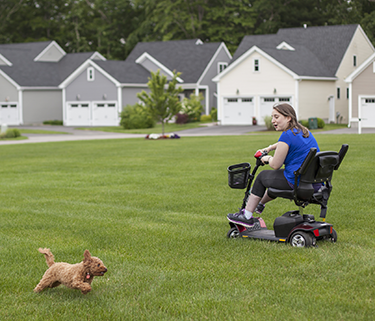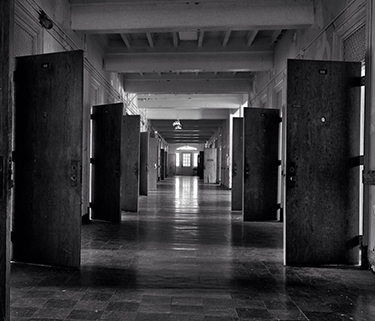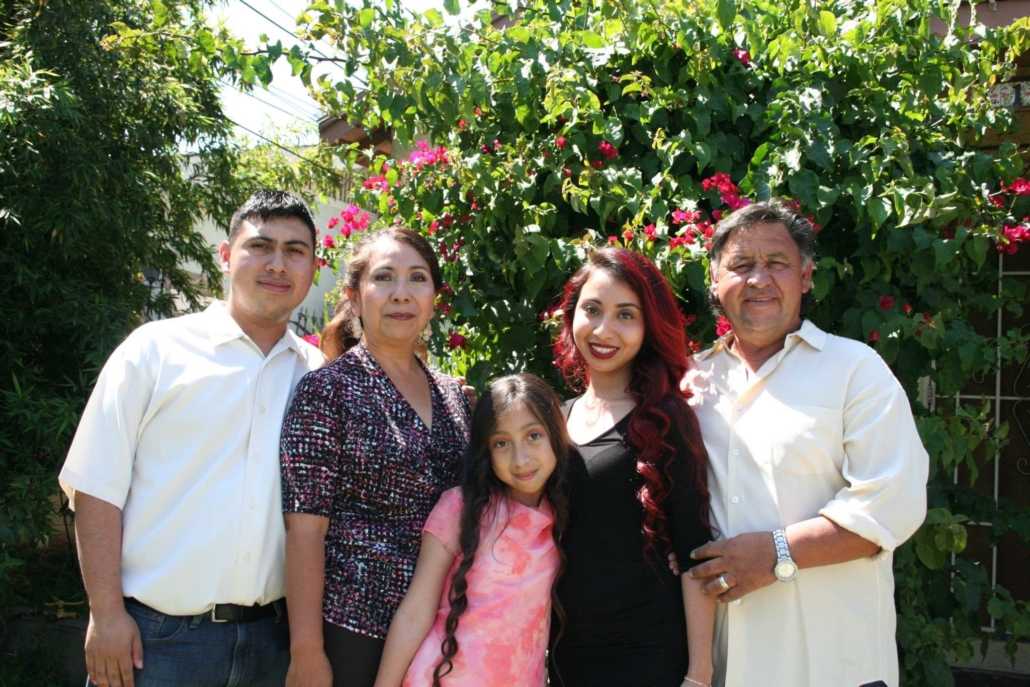The Arc Announces Voter Accessibility Project for Iowa Caucuses
Washington, D.C. – In advance of the Iowa caucuses, The Arc is announcing its new CaucusAbility project to help ensure that people with intellectual and developmental disabilities (I/DD) in the battleground state have the opportunity to participate in our democracy in accessible, fair, and valuable ways.
The Arc will host pre-caucus trainings where Iowans with I/DD can learn how to caucus, practice the process, and also team up with a partner with disabilities or without disabilities to encourage caucus participation and to attend caucuses together.
People with disabilities face voter accessibility challenges and barriers to the caucus process, from crowded gymnasiums to limited seating. The caucuses are also unique in format – attendees may go in with a preference for a candidate, but throughout the event they will listen to other caucus goers make pitches for their preferred candidate. Quickly analyzing and processing the information and making an informed decision in that environment can be daunting. Furthermore, Iowa’s new and untested satellite caucus system for remote participation may be an additional barrier for people with I/DD.
WHO: The Arc
WHAT: CaucusAbility
WHEN/WHERE:
Wednesday, January 15 Collegiate United Methodist Church Annex, Ames 1 p.m., 5:30 p.m.
Friday, January 17 Sioux City Public Museum, Sioux City 11 a.m., 12:30 p.m.
Monday, January 20 Iowa City Public Library, Iowa City 10:30 a.m., 12:30 p.m.
WHY: Voter Accessibility
“The Arc is dedicated to a fully inclusive society for people with intellectual and developmental disabilities and that includes the right to civic engagement. Having the support of a partner at the Iowa caucuses and the opportunity to practice in advance will help people in the disability community exercise their right to vote. We know that in 2012, one in five voters with disabilities experienced a barrier at the polls. We believe CaucusAbility helps address some of the unique accessibility challenges Iowans with disabilities experience at the caucuses, despite equal access protections under civil rights law,” said Peter Berns, CEO, The Arc.
The Arc advocates for and serves people with intellectual and developmental disabilities (I/DD), including Down syndrome, autism, Fetal Alcohol Spectrum Disorders, cerebral palsy and other diagnoses. The Arc has a network of over 600 chapters across the country promoting and protecting the human rights of people with I/DD and actively supporting their full inclusion and participation in the community throughout their lifetimes and without regard to diagnosis.
Editor’s Note: The Arc is not an acronym; always refer to us as The Arc, not The ARC and never ARC. The Arc should be considered as a title or a phrase.


















